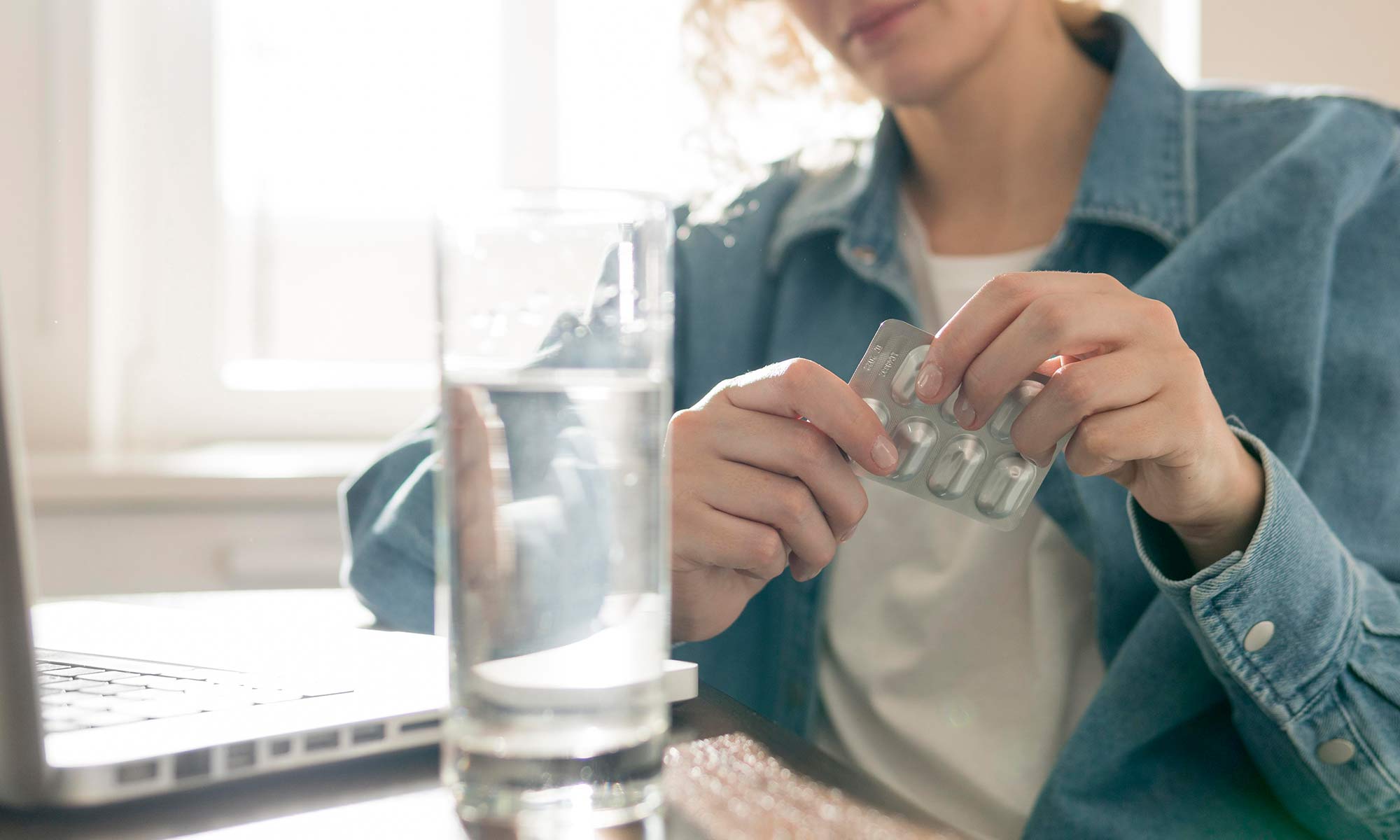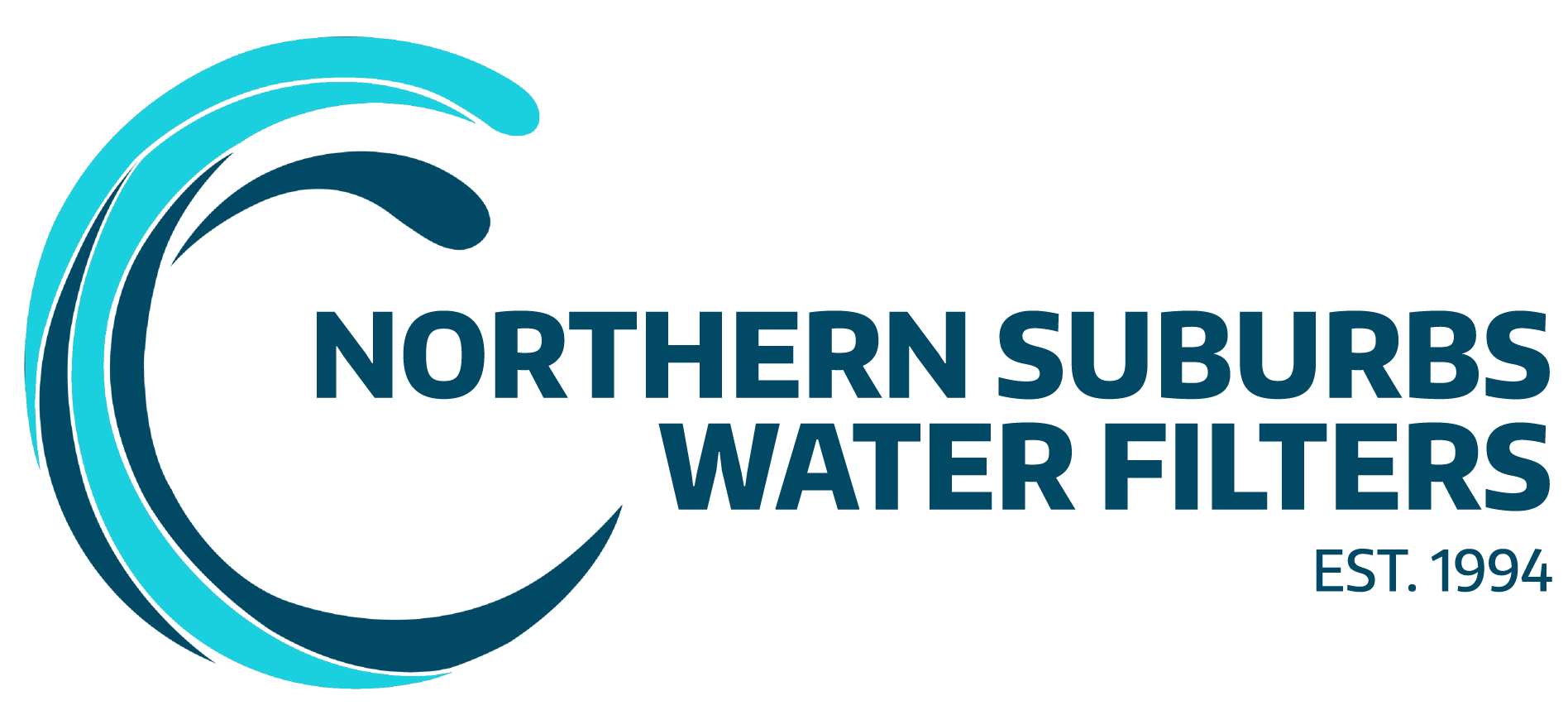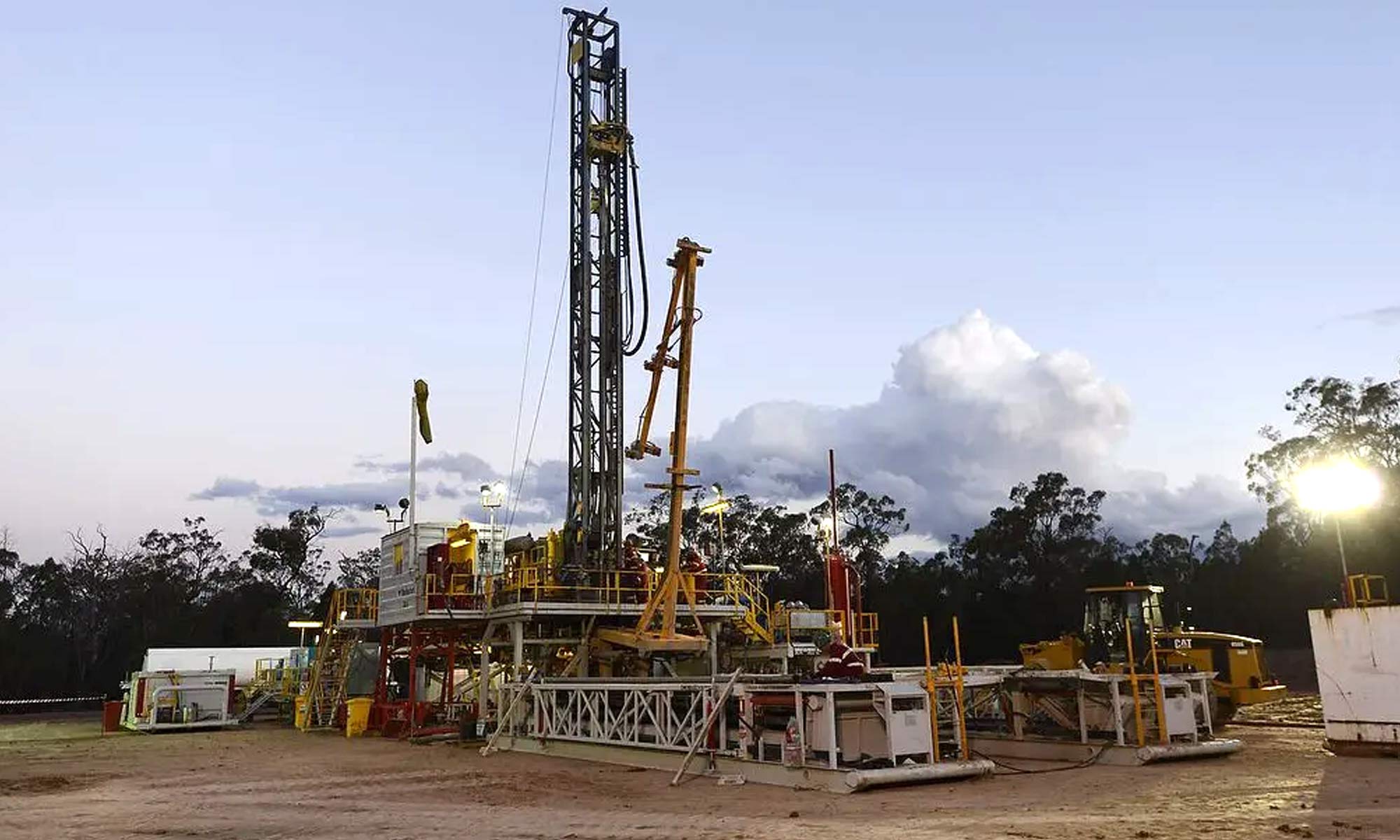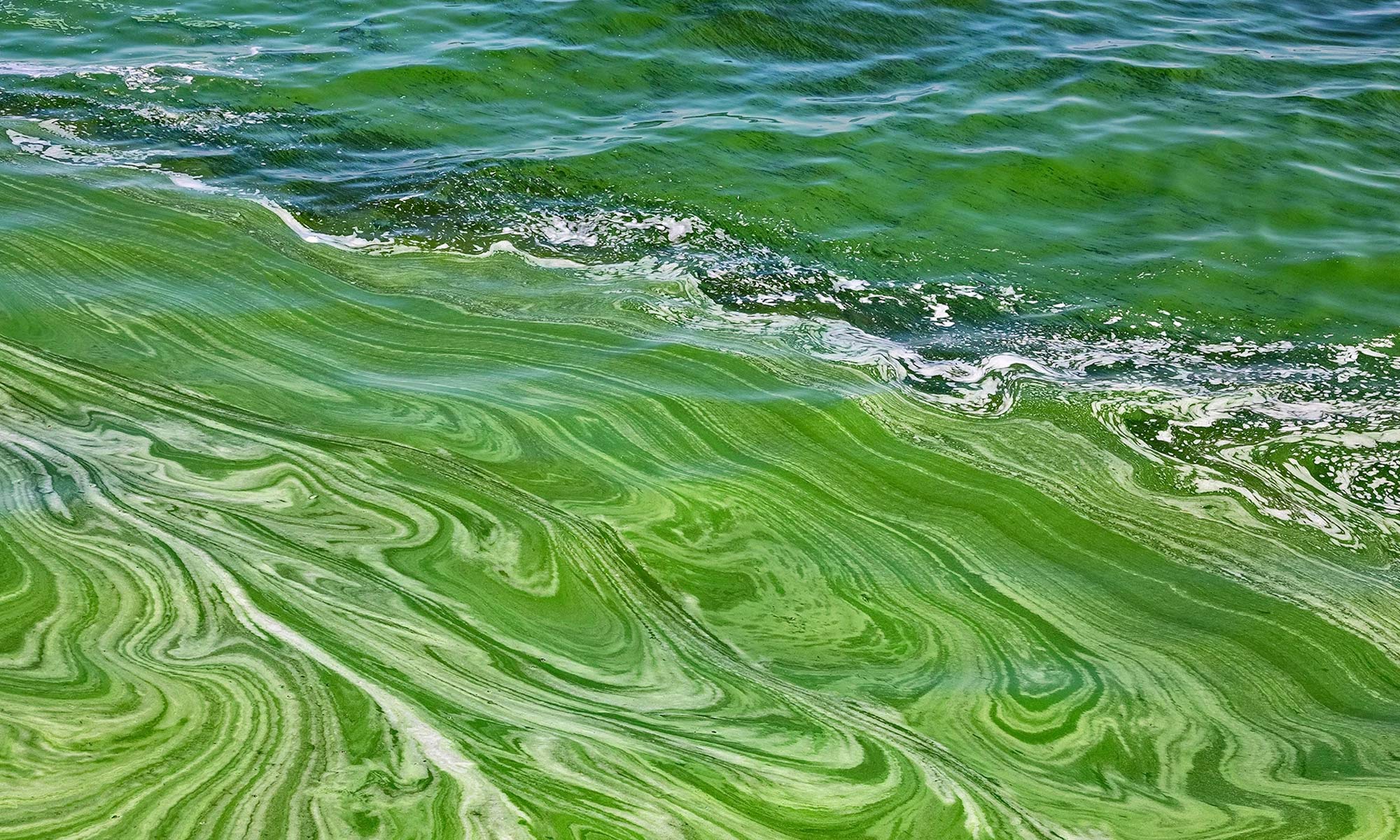
Cancer alert over Chlorinated Drinking Water
Our Chlorinated drinking water contains the potentially carcinogenic compounds, Trihalomethanes (THMs). THMs are a by-product formed when Chlorine reacts with organic matter in the water. As all water storage dams and catchment areas contain organic matter (trees, leaves, bark, dead animals) you can safely assume that your tap water will contain these potentially carcinogenic compounds!! But is doesn't have to!!
It is essential that we chlorinate to disinfect our drinking water to avoid widescale public health problems, however, you can also remove these harmful chemicals and by-products before you drink your water. You can benefit from piece of mind knowing that at Northern Suburbs Water Filters our countertop water filters, undersink water filters and reverse osmosis purifiers are very efficient at removing these harmfull chemicals. It just doesn't make sense to drink disinfectant in our water every day. The chlorine in tap water will also kill goldfish! Surely it's better to remove these chemicals before you drink it?
The article below about South Australia's water should be of great interest to all of us (who drink Chlorinated water) unless you are lucky enough to have your own tank water.
NB. One of the arguments for not using a water filter in the article below is that they can remove Fluoride (good for teeth??). Some people believe Flouride is of great benefit and others believe it to be a toxic chemical and are very keen to remove it. With our filters you can choose to remove OR retain Flouride. It's up to you.
SOUTH Australians are drinking water containing potentially carcinogenic compounds, a new report warns.
Freedom of Information data from SA Water shows the state's tap water breached the Australian Drinking Water Guidelines or World Health Organisation guidelines 9298 times between January 2000 and July 2012.
While Government authorities say South Australians have nothing to fear, experts say it is unclear whether prolonged exposure would increase the risk of cancer.
The Cancer Council also said some animal studies had shown a link between the chemicals and some cancers.
Friends of the Earth researcher Anthony Amis, who analysed the testing data, said the most breaches were on Kangaroo Island, followed by Loxton in the Riverland.
Most breaches in the metropolitan area occurred at Craigmore.
"I was quite shocked when I went through the figures and found so many breaches to the ADWG and WHO guidelines," Mr Amis said.
He said the most worrying breaches related to the potentially cancer causing by-products from the chlorine disinfection process, which was used to rid the water of harmful micro-organisms.
The by-products, called trihalomethanes (THMs), form when the chlorine reacts with organic matter in the water.
There are four THMs which, when tested as a group, should not exceed 250 parts per billion.
"If these compounds were calculated individually, there were almost 3000 individual disinfection by-product breaches," Mr Amis said.
"People with compromised immune systems have to be really careful about drinking chlorinated water.
"The main compounds the WHO are concerned about are the higher risk of bladder cancer and there could be slight rises in reproductive disorders as well," he said.
Mr Amis said people in SA should install a tap filter.
But UniSA water expert Professor Christopher Saint said filters could remove some fluoride, which was important for healthy teeth.
He said drinking water guidelines were based on risk and exposure, and calculated to broadly acceptable levels.
"It's chronic exposure rather than one big blast of something that is going to hit you," he said.
But Prof Saint was unable to say the length of time and level of exposure that would elevate the risk of cancer.
Cancer Council president Prof Ian Olver said the International Agency for Research in Cancer monitored THM levels around the world because of the potential link to cancer.
"There is animal data which suggests there could be a link, particularly with bladder cancer," Prof Olver said.
"However, it has never been shown in the human situation . . . nobody knows what sort of levels because there is no data yet for human cancers."
SA Health principal water quality adviser Dr David Cunliffe said SA tap water was safe and healthy and advised against using tap filters.
"I don't think people realise the amount of work that goes into ensuring our water is safe," he said.
"Poorly disinfected water is likely to have a health impact immediately. Disinfection is far more important."
SA Water's head of water, quality and environment Dr John Howard said SA Water had a testing compliance rate of 99.7 per cent for ADWG.
"Short-term consumption of water containing concentrations significantly higher than the guideline targets are unlikely to pose a health risk," he said.
"The public would be notified if SA Health considered the water to be a risk to public health."



